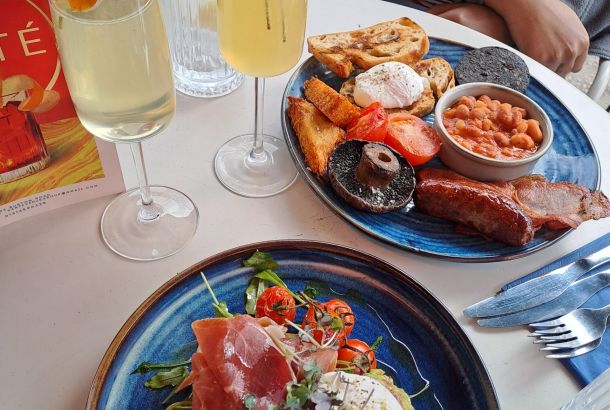5 wallet-friendly superfoods you should be eating (and where to get them!)

In the midst of a global pandemic, national lockdown, and university stress, it is more important than ever to tend to your physical health and mental wellbeing.
A small and manageable way we can improve our health and make our day-to-day life in lockdown a little more enriching is by maintaining and developing a healthy and positive relationship with buying, cooking, and eating food.
By supporting small businesses and markets, we are reducing the air miles of our food, preserving our local economy, and participating in a much slower, more personable approach to buying and consuming.
Here are my five wallet-friendly superfoods to incorporate into your student meals, along with five independent food markets to support during these tough times!
Frozen Berries

These are high in fibre, antioxidants, and also improve digestion. Whether you whack them into your morning smoothie, sprinkle them on top of your porridge, or add a handful to some yoghurt – frozen berries are a nutritional powerhouse.
Buying fresh can be costly and there is always a risk of the produce expiring before you can eat it, so opt for a bag of frozen berries next time you’re doing a food shop to nourish your body: save your pounds, and do your bit to eliminate food waste. From just over £2 for a hefty bag of frozen berries, pop over to the Curry Mile’s Manchester Super Store and start to incorporate more nourishing fruit into your daily routine.
Dark Leafy Greens
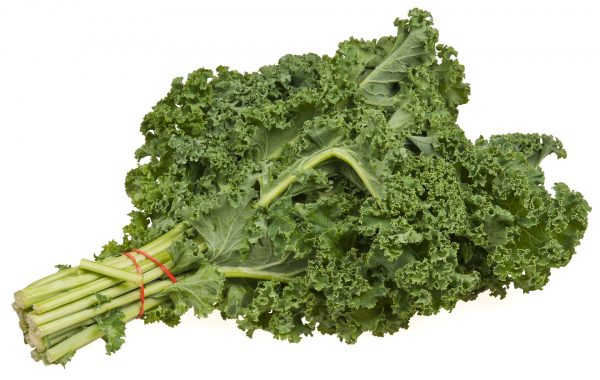
Stir in some spinach or kale into your curries, pasta, or soups for an added source of vitamin A, vitamin C, fibre, zinc, magnesium and calcium. If you’re worried about wasting food or running out of space in your fridge, pre-package your spinach, freeze it, and chuck it into some sauce for a couple of minutes before serving. Or place all your kale onto a tray, season well, and roast into crispy kale chips as a snack.
Try to buy big bags from local markets as you get more for your money, plus you’re helping your community by supporting a small business. Why not try something new and check out Chinese and Asian supermarket W. H. Lung’s selection of leafy greens such as water spinach and pak choi for just over £1 for a huge bag.
Fresh Ginger
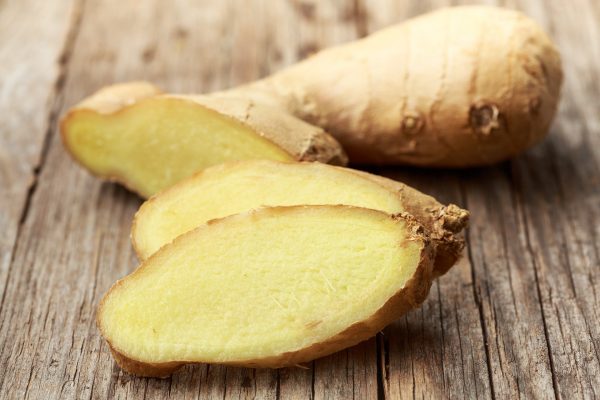
Fresh ginger is host to a multitude of health benefits.
Containing gingerol, a key antioxidant, it is said that ginger acts as an anti-inflammatory, it eases menstrual cramps, and relieves indigestion. So when you’re next making a stir-fry, chuck in a few thumb-sized chunks of grated ginger for an added zing or, if you’re an avid tea-drinker, opt for a fresh ginger and lemon brew instead of your usual cuppa. From under £1 for a large root of ginger from Withington Fruit and Vegetables – head down to Withington’s lively high street and pick up a Yucca plant there while you’re at it.
Pulses
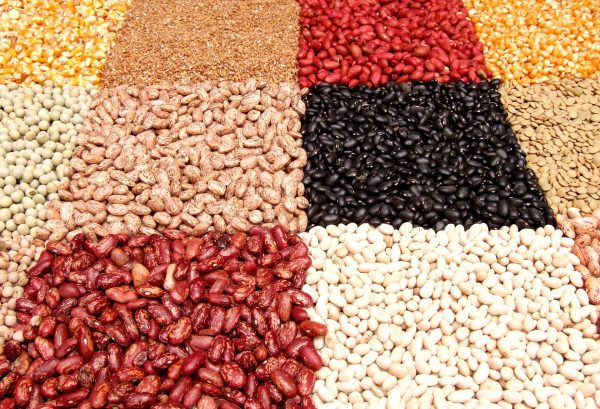
Pulses or legumes are plant-based and include; lentils, chickpeas, kidney beans, black-eyed beans, green peas, pinto beans – the list goes on. They act as a super cheap and low-fat source of protein as well as a rich way to include iron and fibre into your diet which is great especially if you’re vegetarian or vegan. You can buy these pulses dried or pre-cooked in tin cans – both of which are super affordable. Although buying canned pulses is a little more costly – it saves you a great deal of time and pre-soaking preparation.
Pulses are very diverse; they can be used as a meat alternative to any meal, eaten cold with salads or thrown into stews or soups. Most food markets around Manchester will have a huge array of pulses to choose from so you can never get bored. Check out Unicorn Grocery in Chorlton – it’s an organic whole-food cooperative whose ethos is wrapped up with environmentalism and sustainability. Starting at 60p a tin, you can support a great cause and explore a new part of Manchester.
Nuts and Seeds
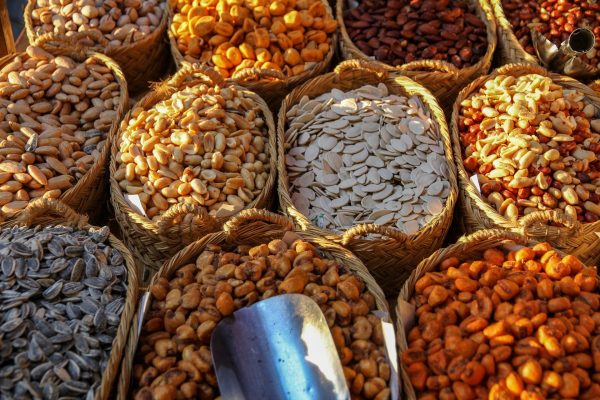
Photo: RoDobby@Pixabay Rich in protein, fibre, and healthy fats, nuts and seeds are a great way to add a little flair to your diet. Some examples include pumpkin seeds, almonds, and walnuts. These are all cheap to buy in bulk from markets and super easy to incorporate into your meals. Whether you sprinkle some sunflower seeds over your salad, add some peanuts to your noodles, or blend some chia seeds into your smoothie – the addition of this superfood will both add a little something extra to your meals and help maintain a healthy diet. Check out packaging-free and eco-friendly superstore Lentils and Lather on Burton Road where you bring your own container and fill it up with your chosen produce yourself. Most seeds and nuts cost less than £1 per 100g, so take your pick from a wide and inexpensive selection.
Who said you had to break the bank to eat nutritiously and maintain a healthy diet? The concept of superfoods and independent grocery stores doesn’t have to be ridiculously expensive, inaccessible, and exclusive; students on a budget can also follow this new-era food movement of conscious eating, mindful consumption, and ethical spending!
